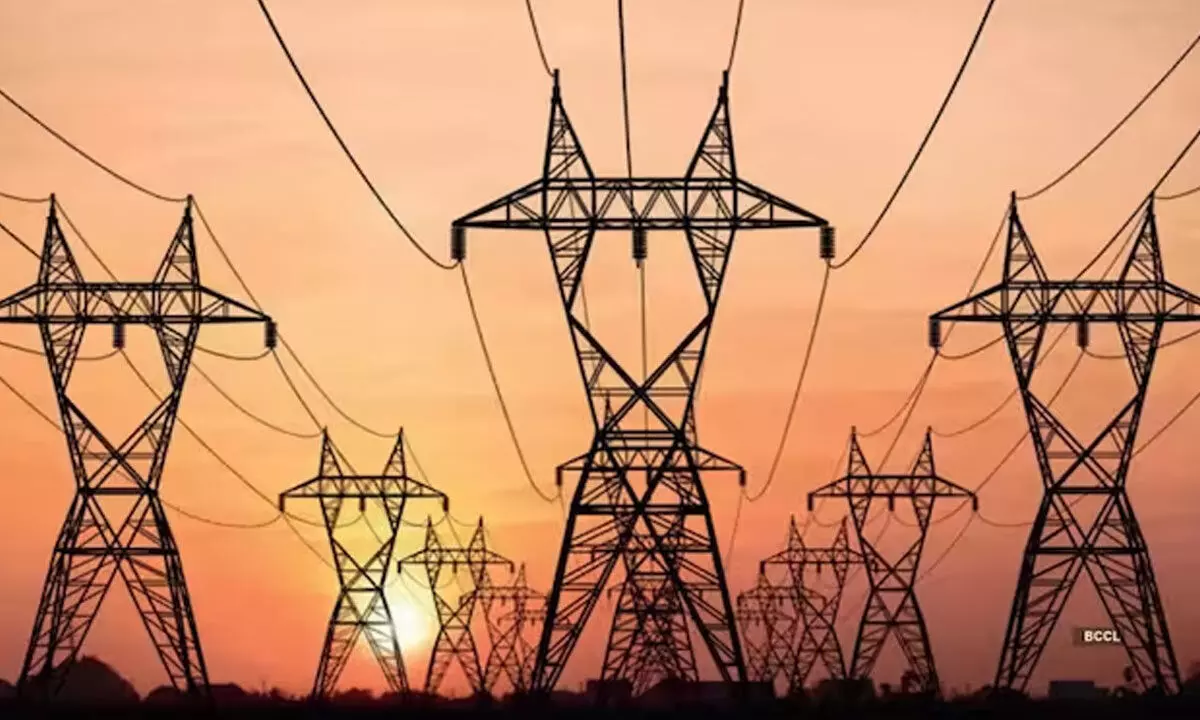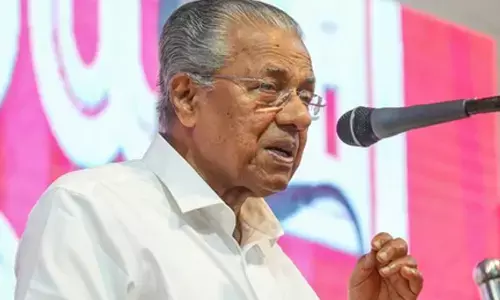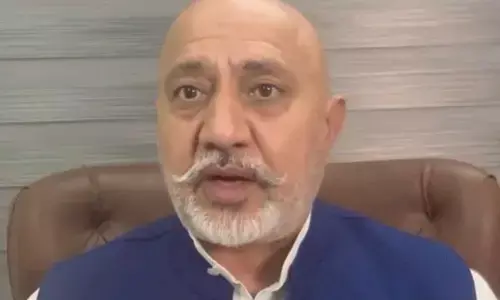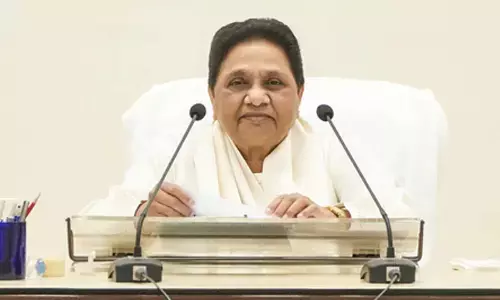Karnataka’s power production: Cong stats portray the true picture

Representational image
BJP's lacklustre power production should take a large share of the blame
Bengaluru: Karnataka, a state known for its diverse geography and rapid urbanisation, has experienced significant changes in power production over the past decade. the dynamics of power production in Karnataka, with a focus on the years when the Indian National Congress (INC) and the Bharatiya Janata Party (BJP) governed the state.
The statistics clearly show that the momentum in power production and capacity building given by the INC government between 2013-2018 had lagged by 50 percent between 2018-2023. The experts point out that this lag had created the present shortfall in production and supply, due to which the Karnataka state is suffering frequent power outages and poor quality of power.
In the context of Chief Minister Siddaramaiah's remarks on the power crisis in Karnataka, it becomes evident that the political discourse surrounding power generation in the state has been a point of contention. Siddaramaiah blamed the BJP for the power crisis, alleging that the BJP government's misrule had contributed to the situation.
He pointed out that the BJP's tenure was the primary reason for today’s power crisis. This statement sets the stage for the observations made below, highlighting the contrast between installed power capacity in the State during the Congress and BJP regimes in Karnataka.
During the Congress regime in Karnataka, the state's power generation capacity witnessed a remarkable increase of 9,172 MW (70 per cent), from 13,006 MW in 2013-14 to 22,178 MW in 2017-18. From 2013 to 2018, Karnataka's power production witnessed a steady increase. In 2013-14, the state generated 13,006 MWh of power.
Over the next three years, power production continued to rise, with notable increases of 16 per cent in 2014-15 and 4.5 per cent in 2015-16. In 2017-18, Karnataka's power production hit 22,178 MWh, showing an impressive growth of 41 per cent.
The coalition government of Congress and the Janata Dal (Secular) (JD(S) in 2018-19 continued to push for growth in power production. The state's power generation capacity increased by 27.4 per cent, with a total of 28,257 MWh produced in 2018-19.
In contrast, under the BJP's leadership, the growth in power generation capacity was notably more subdued, with a total increase of only 3,101 MW (11 per cent) during their tenure. The shift in governance to BJP in 2019-20 coincided with a change in the rate of growth in power generation capacity, marking a shift in priorities and policies related to electricity infrastructure in Karnataka.
In 2019-20, Karnataka's power production grew only marginally under the BJP government, reaching 29,860 MWh, marking a 5.68 per cent increase. The trend continued in 2020-21, with a minor growth of 0.5 per cent, resulting in a production of 30,004 MWh. In the most recent data available up to 2021-22, Karnataka produced 31,359 MWh of power, representing a 4.5 per cent growth compared to the previous year.
Hence, the data suggests that Karnataka has witnessed consistent growth in power production during 2013-18 but slumped by 50 per cent during 2018-2023. This growth in power production is a reflection of the state's commitment to providing a stable and growing energy supply to its residents and industries. Moreover, it underscores the state's increasing reliance on renewable energy sources, such as solar and wind power, in alignment with national goals to reduce environmental impact.

















